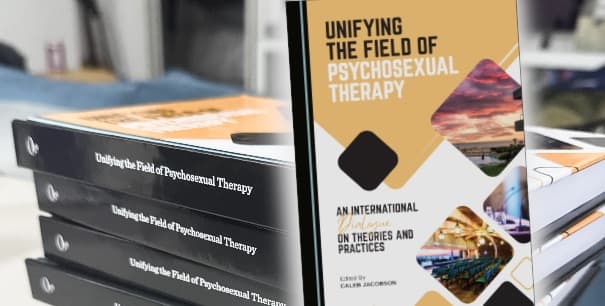ADHD & Sex #2: distractions
A lack of focus is an external expression of an internal experience. Distractions are due to an external stimulus. In many ways, distractions can be just as difficult to manage; in other ways, they may be more straightforward.
Horses can easily be distracted. That’s why the teamsters of yore used blinders to keep the horse’s focus straight ahead. A note to the non-ADHD partner: we won’t be using actual equine blinders for this exercise, only metaphorical ones… mostly.
Just like a wandering mind, distractions during sex can also be disruptive and look like you’re not interested in what you’re doing with your partner. Unlike a wandering mind, external distractions are best solved by removing or limiting the distraction.
Ticking clock grab your attention? Stop the pendulum, take out the batteries, or remove it from the room.
Birds singing outside the window? Close the window and turn on some white noise on your speakers.
Too much going on with a messy room? Turn off the lights. Trying to enjoy sex during the middle of the day? Try wearing a mask.
Sheets feel annoying? Try increasing the stimulation in and around sex. Ropes. Floggers. Clips. Warming oil. Other toys. I’m sure you have an imagination. Try something new that can increase the intensity of the sexual experience with your partner.
Don’t let distractions distract you from connecting intimacy and great sex. There are a plethora of ways to regain your connection to the here and now. The best ways are the ones that work for both of you.







